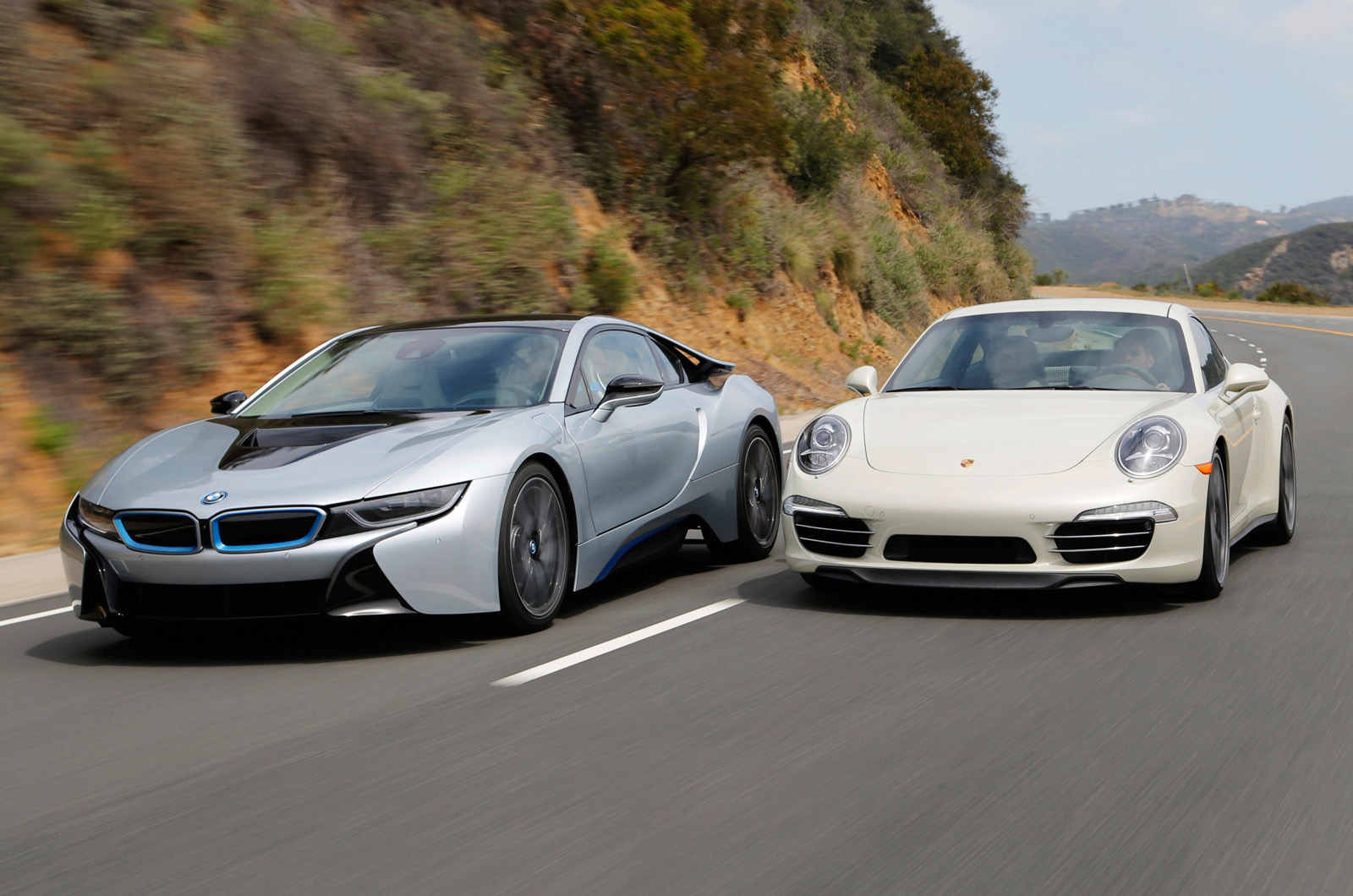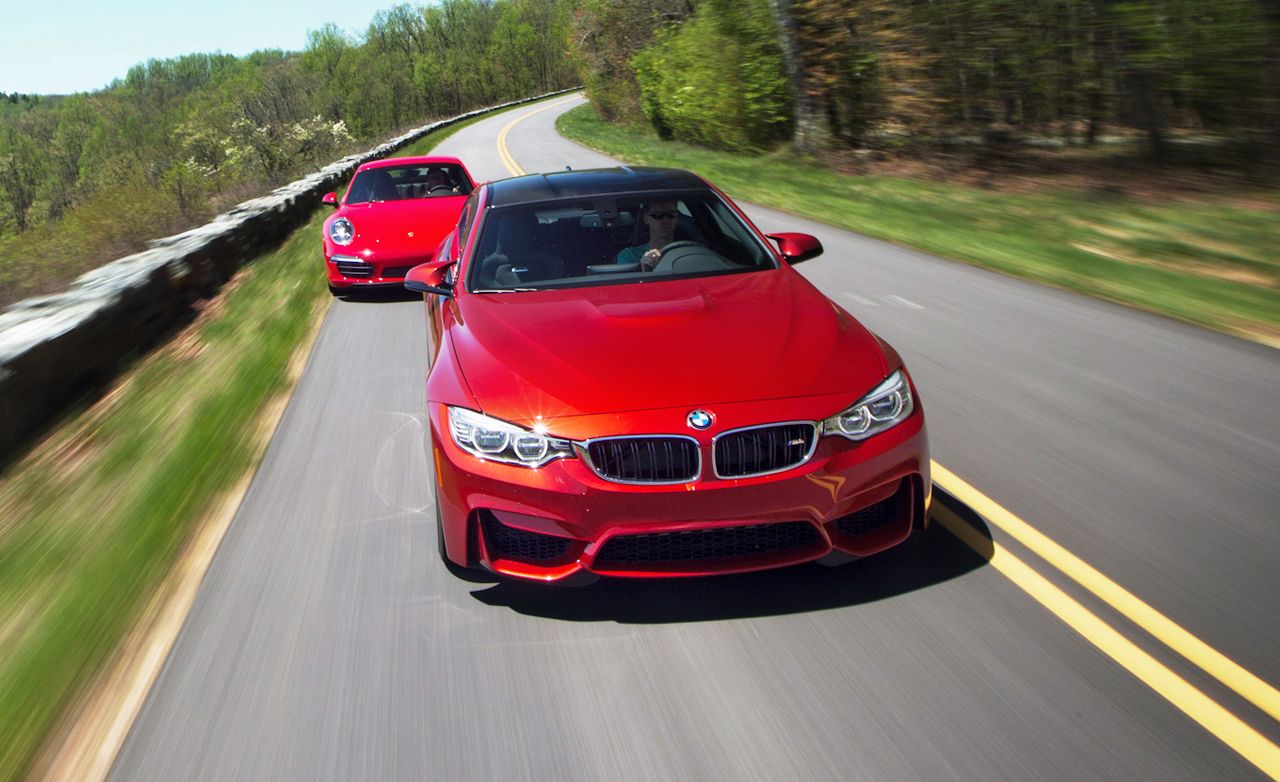Porsche Versus Bmw: A Comprehensive Comparison Of Performance, Design, And Technology
Share
When it comes to the world of high-performance automobiles, few brands are as iconic as Porsche and BMW. Both manufacturers have carved out a significant place in automotive history, each with its unique philosophies and offering a lineup that attracts car enthusiasts and casual drivers alike. This article dives deep into the realm of Porsche versus BMW, analyzing their performance, design, technology, and overall driving experience.

Performance: The Heart of the Matter
Porsche Performance
Porsche has long been synonymous with high-performance sports cars. The flagship model, the Porsche 911, is revered for its rear-engine layout, precise handling, and exhilarating speed. Engine options range from the turbocharged flat-six engines in the 911 Carrera models to the mind-bending 650-horsepower twin-turbo V8 found in the 911 Turbo S. This blend of power and engineering finesse results in lightning-quick acceleration and exceptional cornering capabilities.
Porsche vehicles are engineered for balance and agility. The advanced Porsche Active Suspension Management (PASM) system enhances road handling, allowing drivers to modify ride height and damping characteristics for improved performance on-demand. With the 911, drivers can expect 0-60 mph times in the realm of 3 seconds or less, placing it firmly in the supercar territory.

BMW Performance
BMW, often dubbed the "Ultimate Driving Machine," competes fiercely with its line of M performance models. The M3 and M5 sedans provide blistering performance, with turbocharged inline-six and V8 engines delivering jaw-dropping horsepower. For instance, the M5 Competition model boasts a robust 617 horsepower engine, propelling it from 0-60 mph in just 3.1 seconds.
One of BMW’s standout features is its rear-wheel-drive dynamics, favoring an exhilarating driving experience with engaging feedback and precise handling. The BMW’s xDrive all-wheel-drive system also provides a compelling option for those seeking enhanced grip and stability, making it a formidable contender in different driving conditions.

Design: The Aesthetics of Sports Cars
Porsche Design Philosophy
Porsche’s design language is timeless, blending classic shapes with modern aerodynamics. The 911 is instantly recognizable, maintaining its unmistakable silhouette since its introduction in 1964. The latest 911 models incorporate sleek LED headlights, a sculpted rear, and enhanced active aerodynamics, all while respecting its heritage.
Porsche interiors are a mix of luxury and driver-focused features. High-quality materials, ergonomic layouts, and advanced infotainment systems with touchscreens make each journey enjoyable. The design feels refined yet functional, ensuring every driver is catered to.

BMW Design Philosophy
BMW counters with its modern and aggressive aesthetics. The kidney grille, sharp body lines, and sporty curves depict an air of dominance on the road. Models like the BMW Z4 and M series embrace a more contemporary design philosophy, featuring bold front fascias and unique light signatures.
On the inside, BMW’s interiors are often described as driver-centric. The iDrive system places technology at the driver’s fingertips, combining luxury with an intuitive interface. High-quality leather, wood, and metal accents ensure a refined environment, while still emphasizing a sport-driven atmosphere.

Technology: Innovation Meets Performance
Porsche Technology
Porsche takes pride in being at the forefront of automotive technology. Their cars often feature cutting-edge systems like the Porsche Communication Management (PCM), which integrates navigation, multimedia, and vehicle settings seamlessly. Performance innovations such as the Porsche Stability Management (PSM) ensure that even the most powerful cars remain controllable, even under extreme conditions.
Moreover, Porsche is actively investing in electric technology, as seen in the Taycan series. The Taycan’s innovative 800-volt architecture allows for faster charging and increased efficiency, pushing electric sports cars into the future.
BMW Technology
BMW also excels in technology with its intuitive ConnectedDrive system, allowing drivers to integrate their smartphones, access navigation, and control vehicle settings with ease. The company emphasizes safety, incorporating advanced driver assistance systems such as active cruise control and lane-keeping assistance.
Furthermore, BMW has made significant strides in electric mobility with models like the BMW i4, focusing on sustainability without compromising performance. The integration of hybrid technologies in their M lineup shows a commitment to marrying tradition with innovation.
Conclusion: The Final Stretch
The battle of Porsche versus BMW is not just a competition between two car manufacturers, but a showdown of performance, design, and technology. Porsche captivates with its storied history, impeccable performance, and unparalleled connection to the road. Meanwhile, BMW dazzles with its focus on the ultimate driving experience, characterized by sporty design and cutting-edge technological innovations.
Ultimately, the choice between Porsche and BMW comes down to personal preference. If you value heritage and a raw, connected driving experience, Porsche may be your ideal companion. Conversely, if you are drawn to dynamic versatility and modern luxury, BMW might take the crown.
Regardless of preference, both brands continue to raise the bar in the performance automobile category, ensuring thrilling experiences for enthusiasts everywhere. Whether you’re sitting behind the wheel of a Porsche or a BMW, one thing is certain—the joy of driving is alive and well.
Choose your preference, buckle up, and embark on an exhilarating journey with either of these legendary manufacturers!